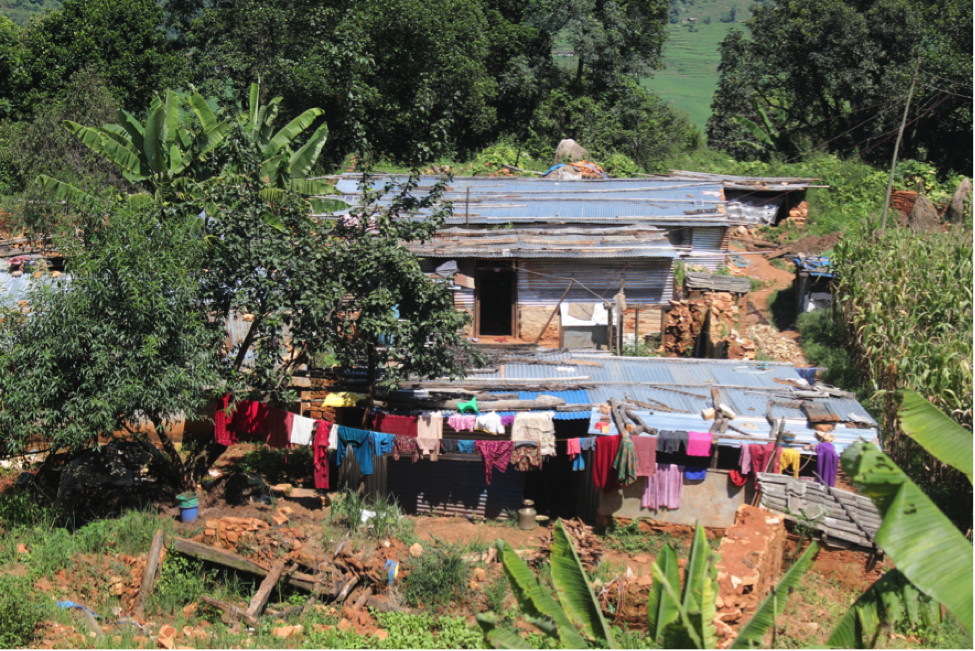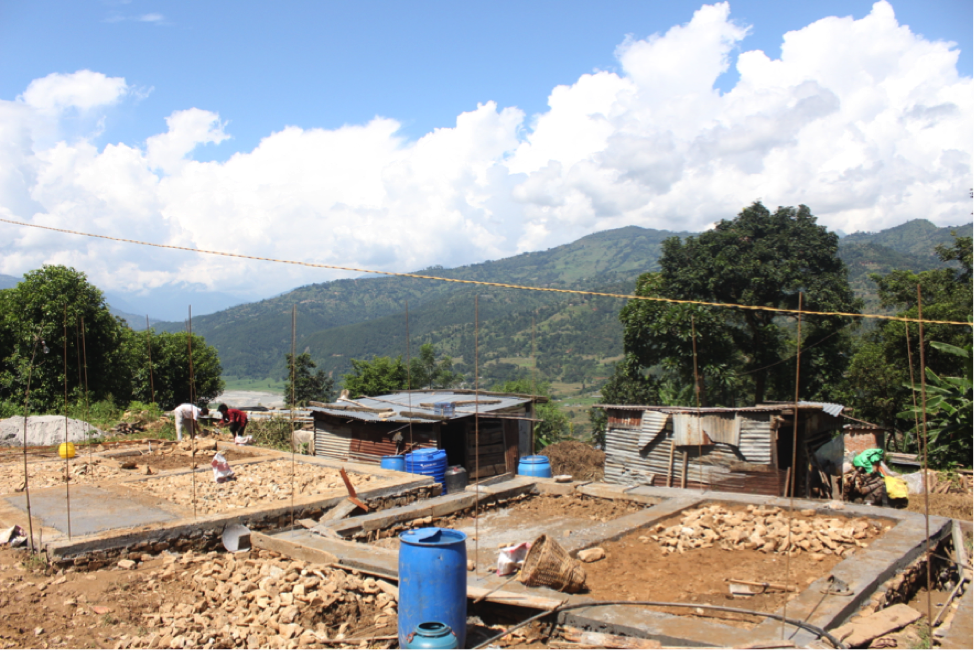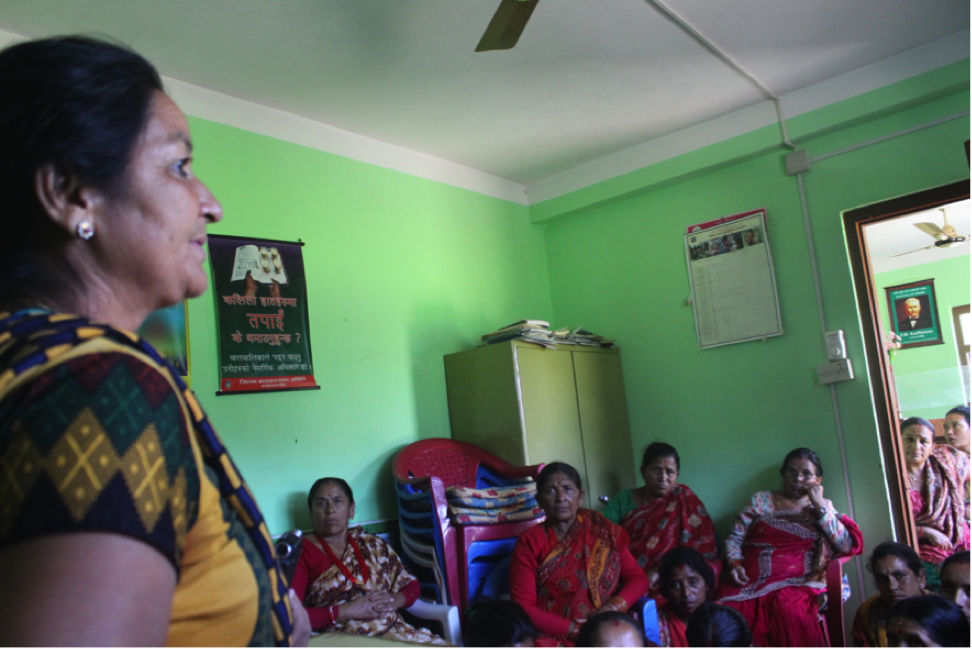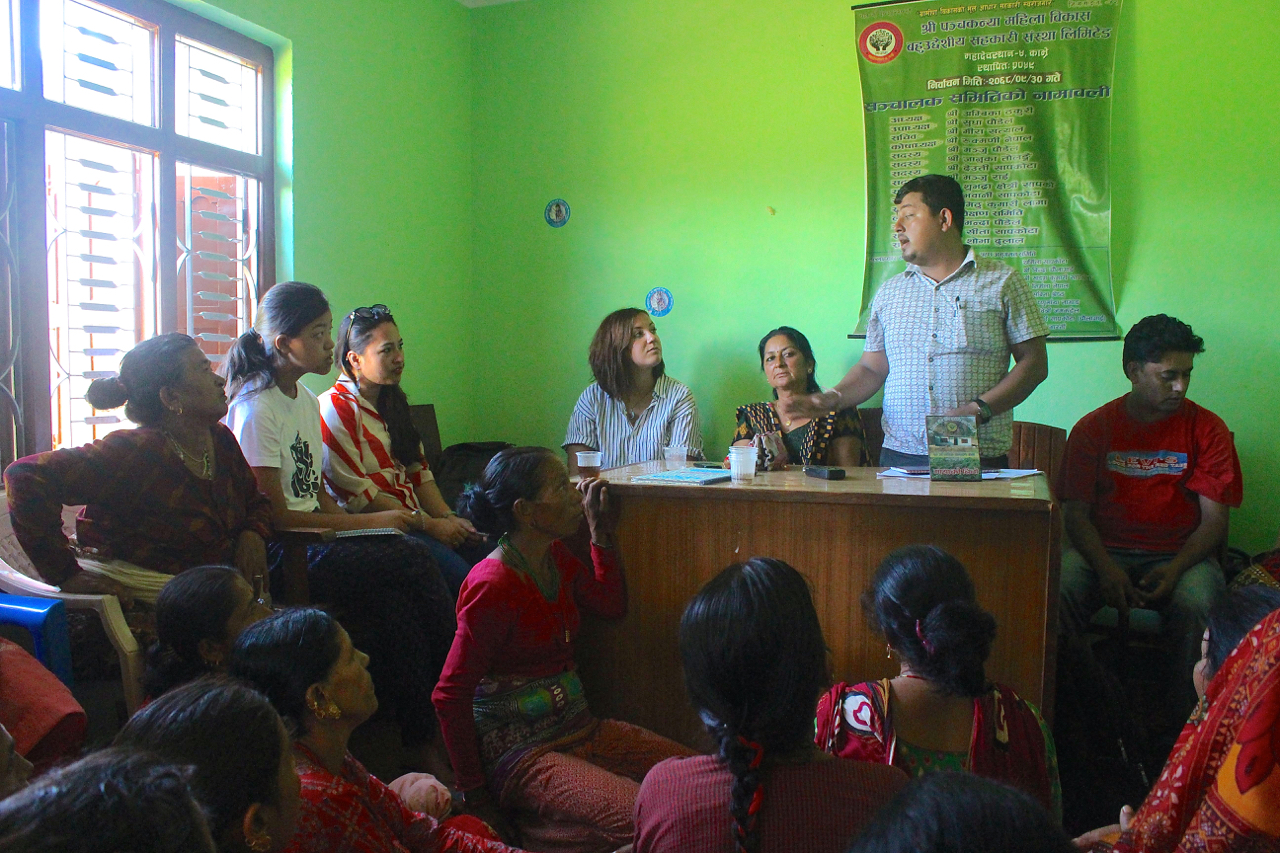NEWS
September 22, 2016
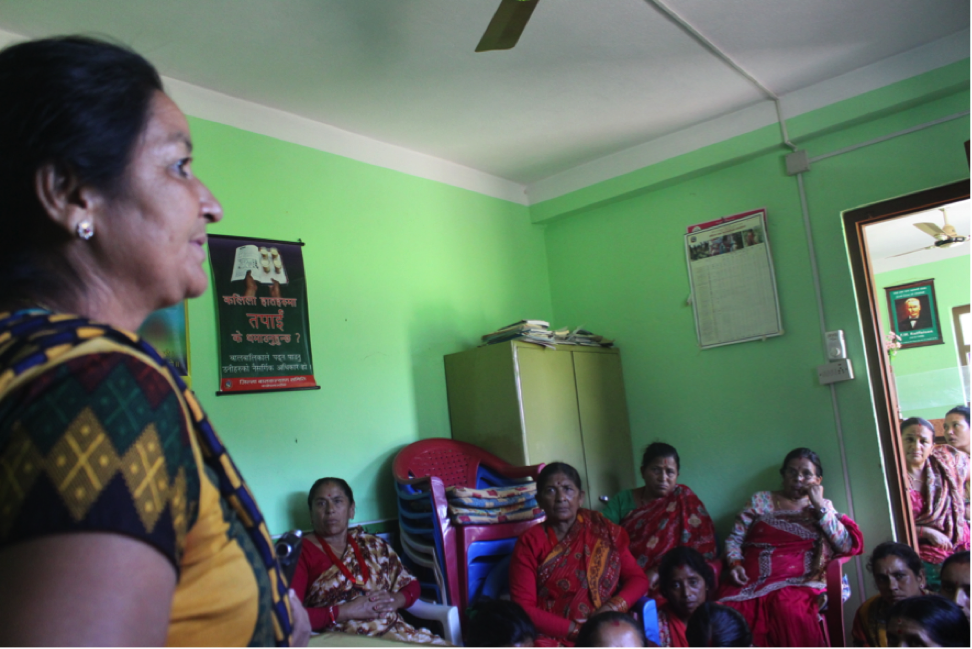
IN BRIEF
By: Sara Rodriguez, Accountability Lab Resident in Nepal One year after I joined the Mobile Citizens Helpdesk (MCHD) team and one and a half years after two massive earthquakes changed the lives of thousands of Nepalis, I visited two of the fourteen districts MCHD works within, Kavre and Sindhupalchowk. Sadly, the scene hasn’t changed much since the disaster. Mountains of rubble, temporary shelters made of CGI sheets and wood, and poor communal toilets still dot the landscape in these districts that were among the hardest hit and where we’ve worked since June 2015. While the rebuilding process is indeed slow, the [...]
SHARE
By: Sara Rodriguez, Accountability Lab Resident in Nepal
One year after I joined the Mobile Citizens Helpdesk (MCHD) team and one and a half years after two massive earthquakes changed the lives of thousands of Nepalis, I visited two of the fourteen districts MCHD works within, Kavre and Sindhupalchowk. Sadly, the scene hasn’t changed much since the disaster. Mountains of rubble, temporary shelters made of CGI sheets and wood, and poor communal toilets still dot the landscape in these districts that were among the hardest hit and where we’ve worked since June 2015.
While the rebuilding process is indeed slow, the efforts of NGOs/INGOs and the government are finally beginning to yield results. Slowly, some survivors are building permanent homes or are saving money and securing loans to rebuild their lives. Unfortunately, as happens in the aftermath of many humanitarian disasters, this process is slowed by a lack of coordination and difficulty reaching those most in need. These, along with other factors, hinder an effective response to critical situations in many parts of the country.
In our efforts to improve the overall earthquake response and close the feedback loop, we provided communities with platforms to participate, to have their voices heard and to hear responses and solutions from different stakeholders attending those meetings, including government officials and NGO representatives. General community meetings were a great success but we soon realized that a targeted approach was needed to better represent all members of the community. To improve, we have now started to conduct smaller meetings with specific groups of people who may provide us with a better insight to their unique concerns and needs.
Last week I witnessed the power of this new approach at a meeting of local women. The women communicated freely and clearly amongst each other, empowered by the knowledge that they were surrounded by others who were facing many of the same issues. These kinds of safe spaces are especially necessary for women as they have been some of those most affected by the earthquakes, but the targeted meetings would also be beneficial to other groups within the communities.
Over the course of this year, both MCHD and I have learned countless lessons. I look forward to implementing them in the coming year, as well as working more holistically within the districts. The disaster response could be a great opportunity to build the foundations of social change in a country where corruption is endemic.
The individuals that make up our team each embody the values of our mission and believe in our methods. We are continuously motivated to improve existing ways – and find new ones – to combat the lack of accountability and through this remove one of the greatest obstacles to development.

